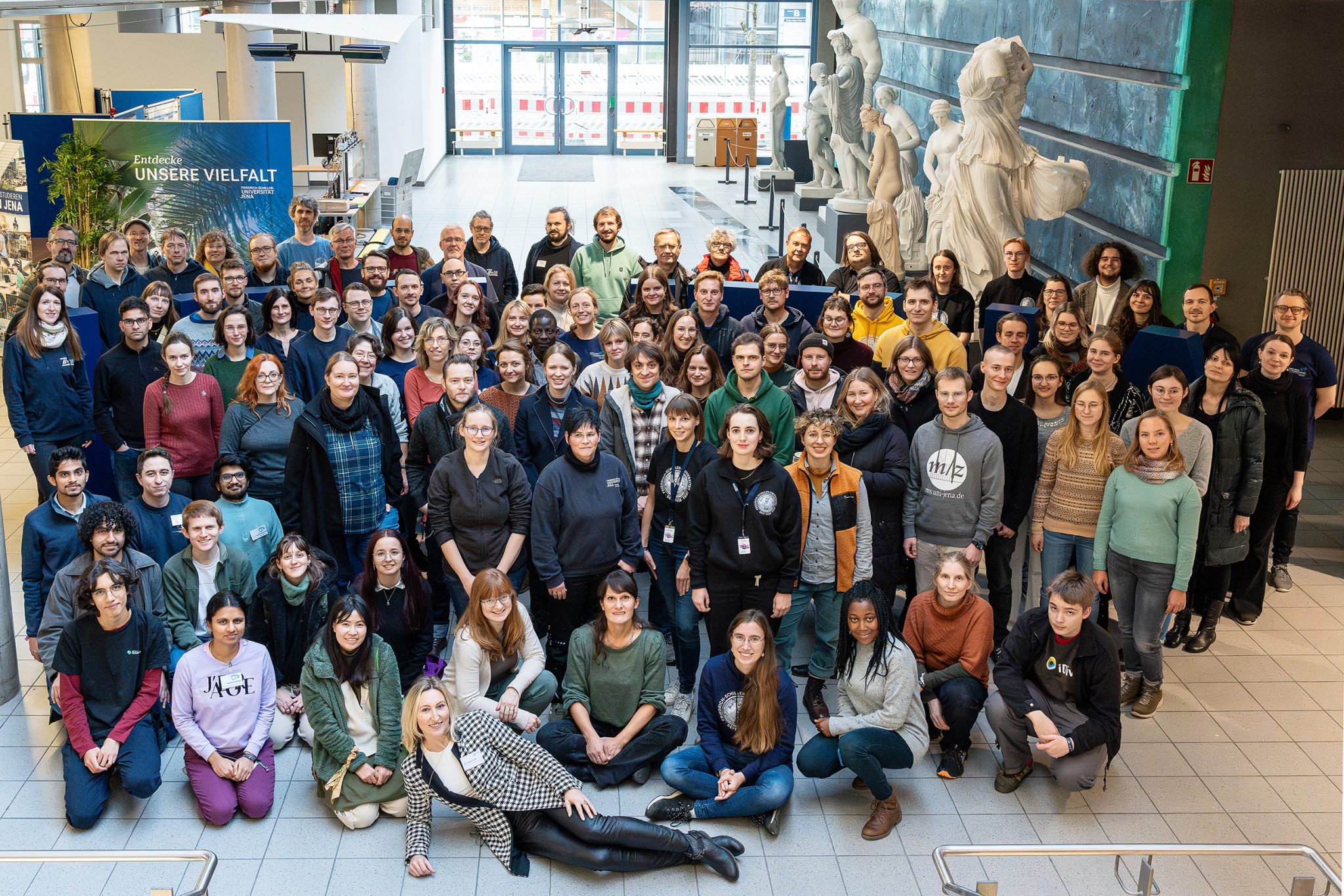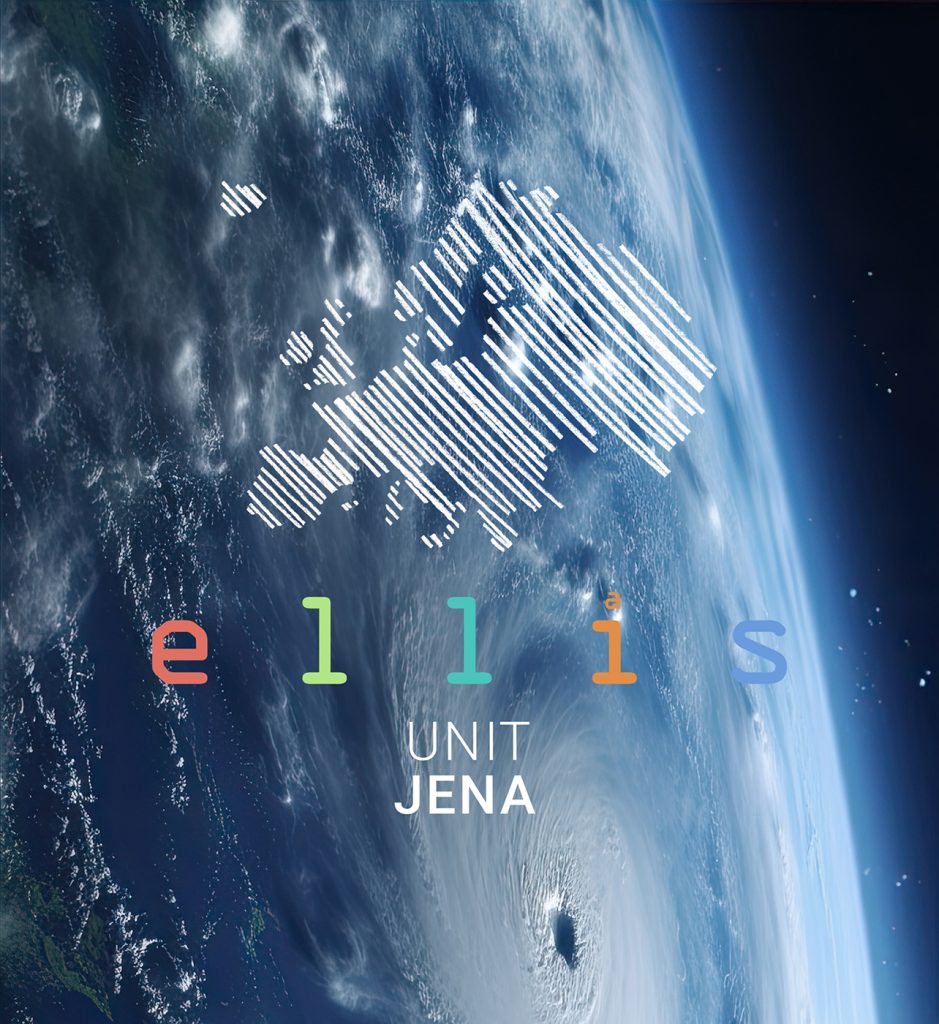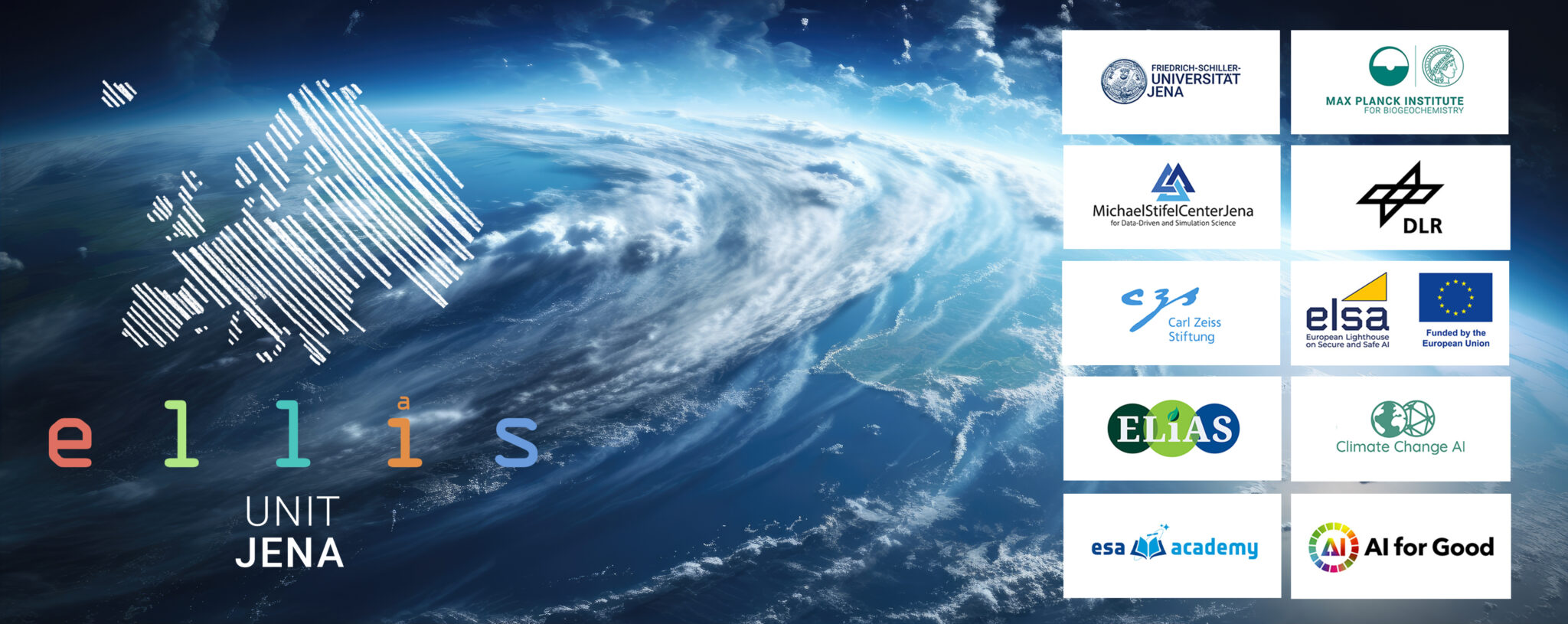Long Night of Science Jena 2024
The 9th „Long Night of Science“ in Jena invites the public to explore cutting-edge research, with over 12,000 visitors in 2024. The event features lectures, exhibits, and hands-on experiments, fostering direct interaction with scientists. ELLIS Unit Jena participated with a booth, highlighting AI’s potential and the impact of interdisciplinary research.

The 9th „Long Night of Science“ in Jena is a biennial event where Friedrich Schiller University Jena, alongside various scientific institutions and research organizations, opens its doors to the public, providing an exciting opportunity to explore cutting-edge research, innovative technologies, and scientific discoveries. Held from the early evening until midnight, the event allows visitors to engage with advancements across diverse fields such as natural sciences, technology, medicine, and social sciences.
On November 22, 2024, more than 12,000 visitors attended the event, exploring scientific and industrial institutions, experiencing research firsthand, and participating in experiments. At the university alone, over 1,000 participants in with 110 activities shared their enthusiasm for science.
The event featured lectures, guided tours, interactive exhibits, and hands-on experiments organized by researchers, students, and professionals, offering a unique platform for direct interaction with experts and insights into ongoing research. It provided an opportunity not only to deepen knowledge but also to experience the dynamic nature of contemporary science and innovation.
ELLIS Unit Jena participated in the 2024 edition with its own booth, showcasing the ELLIS Network and its collaborations with other key research initiatives. The team presented how Artificial Intelligence (AI) and Machine Learning (ML) are being used to understand climate change and develop solutions. Visitors explored how AI analyzes large datasets from satellite images and weather stations to predict extreme weather events and reduce CO2 emissions. The booth highlighted how AI is driving innovative approaches to protect the planet’s natural resources and promote sustainable energy solutions. Whether tech enthusiasts or curious minds, visitors discovered how AI and climate science are working together to preserve the planet for future generations, while also raising awareness of AI’s transformative potential in interdisciplinary research.
Picture credits: Varis Malazezi, ELLIS unit Jena












